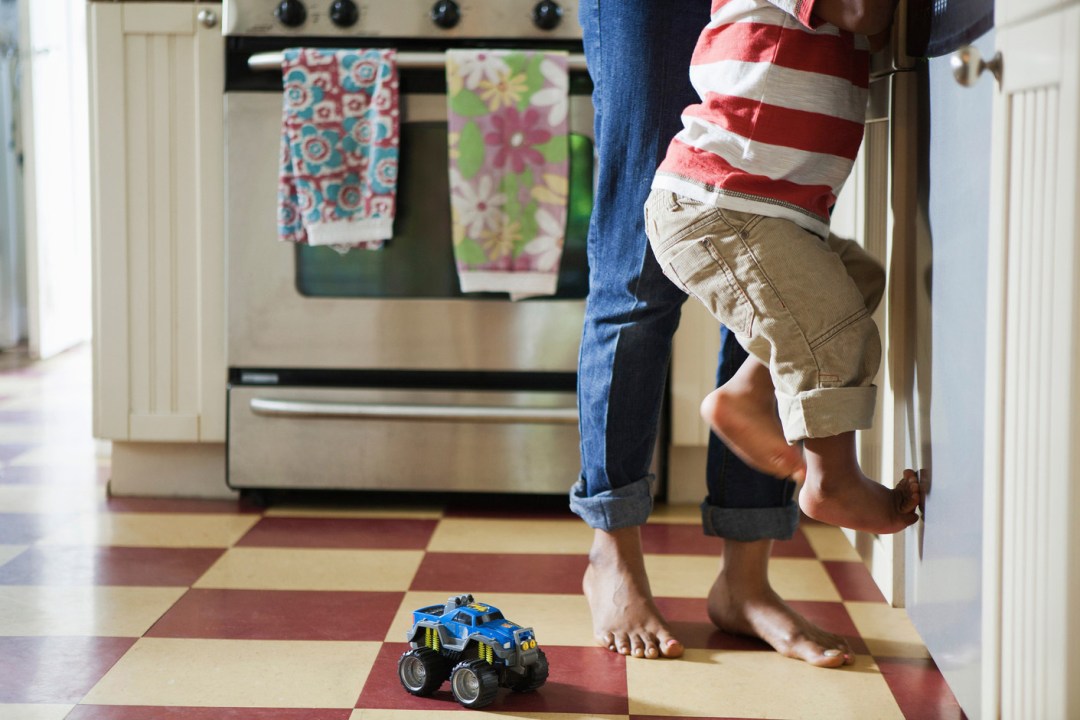What kind of parent are you?
Parenting can be tough but educating yourself about the right parenting style will have a very positive impact on your children’s happiness and success, says Ilona Boniwell

Have you ever heard that tiny voice in your head telling you that you’re a rubbish parent? That you’re too strict or too soft, too involved or not involved enough, working too much or buying too much, failing to get them into the right school or university? We all have our own soundtrack.
So brace yourself, because in the next few paragraphs I’m going to remind you of everything we really can do ‘wrong’ as a parent, drawing on the latest research on parenting styles and why they might not be having the effect that you want. Ok, deep breath.
Maybe you’re the not-so-involved parent. ‘What, homework? Don’t you see I’m on the phone?’ You might tell yourself that this is going to make your kids more independent. But research shows it may make them feel unloved and rejected – and result in poor social and academic competence.
Perhaps you’re the authoritarian parent, the one who shouts, tells off and punishes. Of course, you usually have a good reason for telling your kids off, as you believe it is your task as a parent to teach them right from wrong and prepare them for life. But research shows that makes children unhappy, low in confidence and unfriendly.
Or you might be a permissive parent, always being there for your kids – to listen and to support – yet finding it rather hard to discipline and reprimand them. ‘Of course, it is ok to go out with your friends, but don’t forget about your homework, alright, darling? Oh, you didn’t get round to doing it because you came back so late? That’s not very good, isn’t it? Try to make sure it doesn’t happen again.’ Sound familiar? Research shows that this parenting style can result in our children lacking in self-control, low academic achievement and more likely to indulge in drugs.
Or you might recognise yourself in the term ‘helicopter parenting’, a recent addition to the parenting repertoire and a variation on the permissive theme, with the hands-on parental involvement taken a step further. If you’ve ever found yourself taking the cheese out of a cheeseburger, or installing a GPS tracking system into your 16-years-old’s phone, you might want to do some further reading around the subject. Children of ‘helicopter’ parents can lack resilience and become easily anxious and depressed as adults.
You might also be a ‘tiger mum’ type – a frequently quoted Chinese parenting style in the West. The kids of tiger parents cannot play computer games, go for sleepovers, or, in fact, waste their time doing anything that is considered a time-waster. Instead, they must study incredibly hard at school, and usually follow a supplementary art or music curriculum, achieving proficiency by the end of their schooling. The good news for anyone who thinks all this is a little too much is that it is too much. Research shows that children of tiger mums do not perform better than the kids of authoritative parents (read below), and are less likely than them to get into the best universities.
Faced with the overwhelming literature on parenting styles, it is easy to find oneself slipping into the guilt trap, tracing everything that is mildly or seriously wrong with your kids or teens to something you have or haven’t done. But blaming ourselves is not going to lead us very far – and will most likely bring us to over-compensation strategies such as praising, permissiveness and giving presents.
So what’s the answer? Overall, the world’s research is pretty unanimous on the benefits of the so-called authoritative style as the right way to parent – which means combining high responsiveness and warmth towards your children with reasonable demands, consistenly enforced. The basic tenets are: set clear limits and standards, monitor your children's behaviour, consistently enforce important limits but allow children autonomy, and communicate easily but not obtrusively with children.
Feel like you’re not doing that? The starting point is to accept what has been done, strive for better and forgive yourself for all the mistakes you will still make along the way. Be positive in spirit, and good enough in practice.
More inspiration:
Research Tiger parenting
Learn how not to talk to your children
Appreciate your kids for who they are at positran.co.uk
Dr Ilona Boniwell is our family expert and one of the most respected positive psychologists in the world. She lives with her husband, their toddler and four teenagers. Got a question for Ilona? Email ilona@psychologies.co.uk, with ‘ILONA’ in the subject line
Photograph: plainpicture/Image Source






